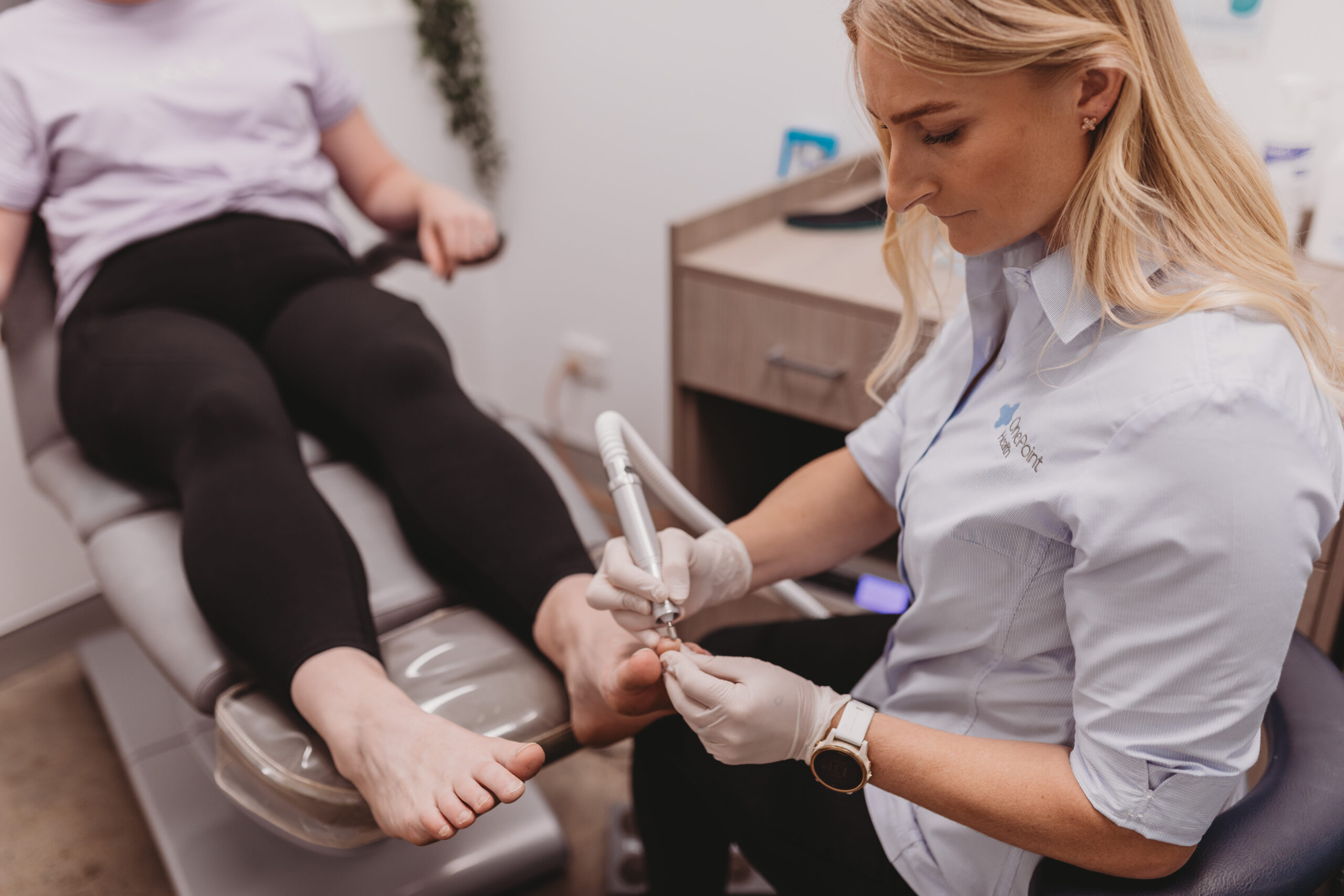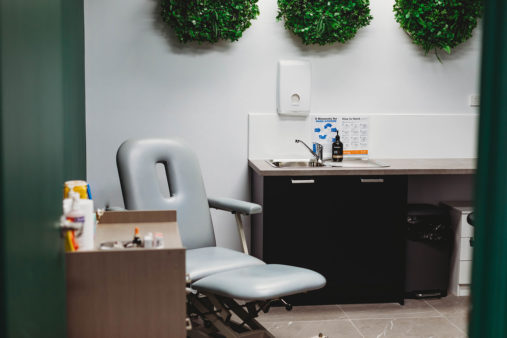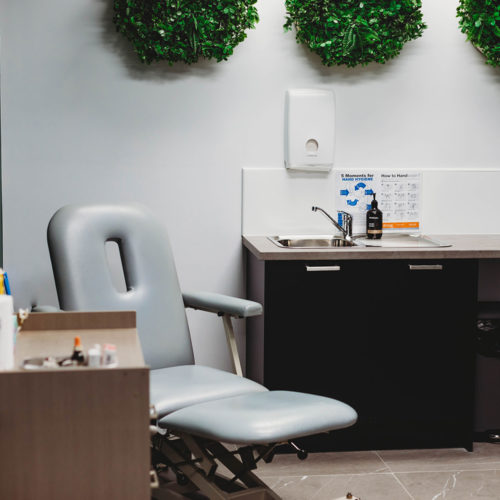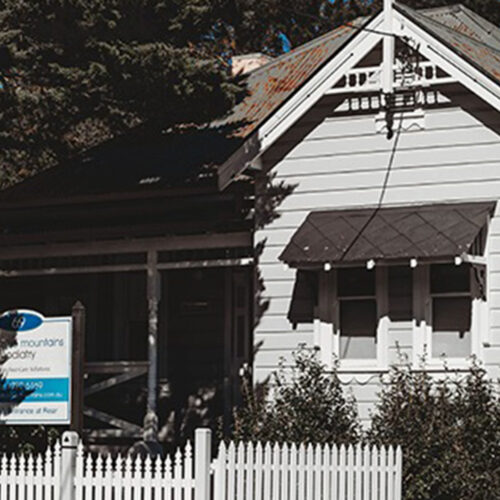What is a Fungal Nail Infection?
Fungal Nail Infection, also known as onychomycosis, is a common condition where a fungus infects a part of the nail, including the bed, matrix, or plate. It leads to changes such as discolouration, thickening, and crumbling of the nail, primarily affecting toenails due to the favourable dark, warm, and moist environment shoes provide.
Causes and Risk Factors of Fungal Nail Infection
Fungal nail infections are caused by various fungal organisms, with dermatophytes being the most common culprits. Yeasts and moulds can also cause nail infections, particularly in people with weakened immune systems or chronic health conditions. Risk factors include aging, reduced blood circulation to the feet, a weakened immune system, wearing enclosed shoes that create a moist environment, previous injuries or infections to the nail or skin, diabetes, and athlete’s foot.
Signs and Symptoms of Fungal Nail Infection
The infection starts with a yellow or white spot under the tip of your fingernail or toenail. As the fungus spreads deeper into the nail, it may cause the nail to discolour, thicken, and develop crumbling edges—an unsightly and potentially painful problem. Other symptoms include changes in the shape of the nail, darkening of the nail, and nail lifting or detaching from the nail bed.
Complications if Left Untreated
If not treated, fungal nail infections can lead to permanent damage to the nails, and the infection can spread beyond the feet to other parts of the body, especially in individuals with suppressed immune systems. The condition can cause pain, make it difficult to walk, and significantly impact the quality of life.
When to See a Podiatrist
It’s advisable to consult a podiatrist if self-care strategies and over-the-counter (OTC) treatments haven’t helped, or if the nail becomes increasingly discoloured, thickened, or deformed. Early consultation can prevent the condition from worsening and reduce the risk of complications.
Fungal Nail Treatment Options at OnePointHealth
Podiatrists at OnePointHealth use a holistic approach to treat fungal nail infections, starting with an accurate diagnosis. Treatment may include:
- Topical Treatments: Application of antifungal creams, gels, or nail lacquer directly to the infected nail.
- Oral Medications: For more severe cases, oral antifungal medications might be prescribed to help a new nail grow free of infection, slowly replacing the infected part.
- Laser Treatment: Advanced laser therapy targets the fungus under the nail without damaging the nail or surrounding skin, a non-invasive and effective method with minimal side effects.
- Preventive Strategies: Guidance on foot hygiene, appropriate footwear, and strategies to minimize the risk of recurrence.
OnePointHealth focuses on personalised treatment plans based on the severity of the infection and individual patient needs, utilizing the latest in evidence-based practices to ensure the best possible outcomes.
Get Relief from Your Fungal Nails Today
Ready to address your fungal nail concerns? Contact OnePointHealth today to book your appointment or to learn more about our comprehensive fungal nail treatment options. Let us help you make your health our priority.

















